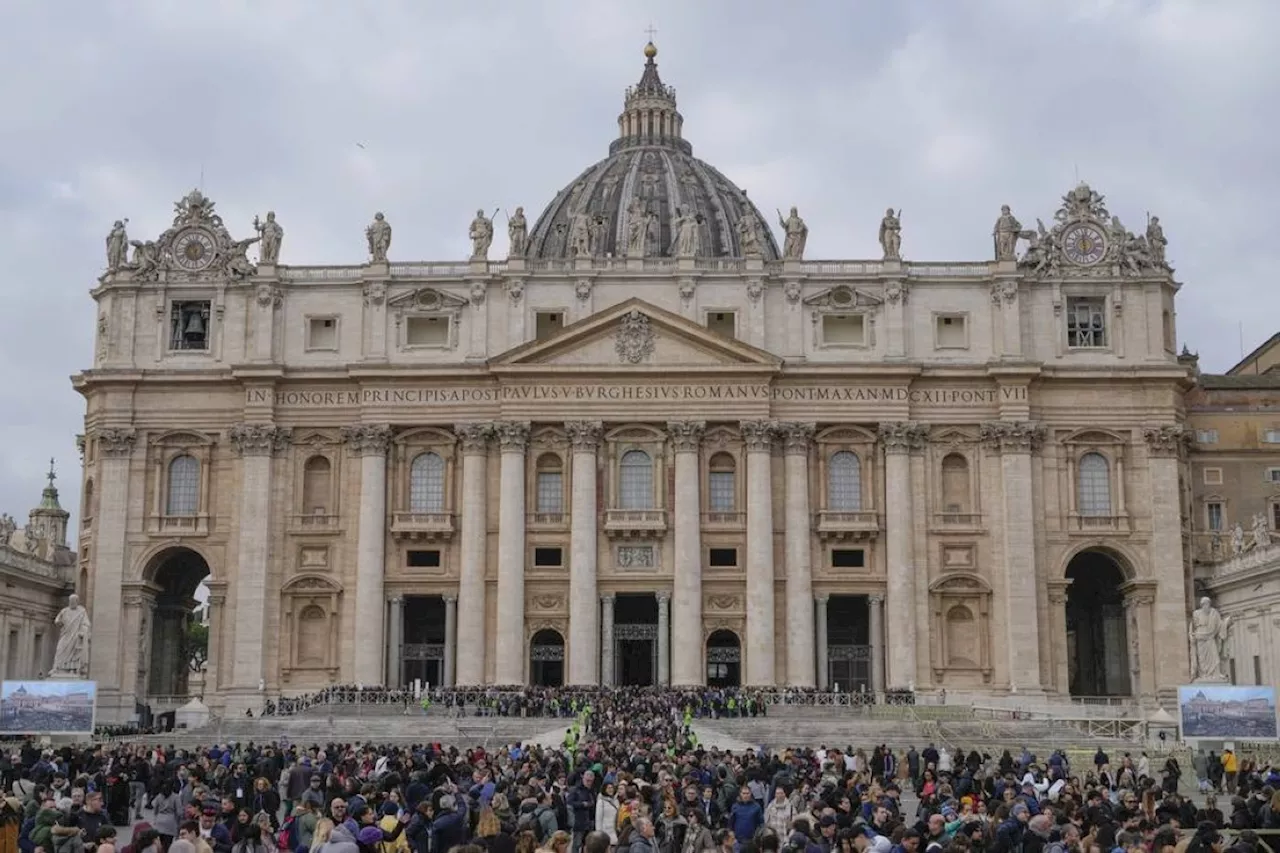A new Vatican document released on Tuesday provides ethical guidelines for the use of artificial intelligence (AI) across various sectors, emphasizing that AI should complement, not replace, human intelligence. It warns of the potential dangers of AI in warfare, surveillance, and the spread of misinformation.
VATICAN CITY — A Vatican document released on Tuesday offers wide-ranging ethical guidelines for the application of artificial intelligence (AI) in sectors ranging from warfare to health care, with an underlying call that the burgeoning technology must be used as 'a tool to complement,' and not replace, human intelligence.
Pope Francis has issued several warnings about the risks associated with AI, and this new document by the Vatican's doctrine and cultural offices expands on what the 88-year-old pontiff has already said. It comes as a new AI chatbot by Chinese tech startup DeepSeek has raised the stakes in the AI technology race, catching up with American generative AI leaders at a fraction of the cost. The document underlines that human responsibility needs to grow in proportion to the new technology, and that the impact of AI's uses in various sectors 'may not always be predictable from their inception.' 'AI should be used only as a tool to complement human intelligence, rather than replace its richness,' it said. The document warned that AI has the potential to increase instruments of war 'well beyond the scope of human oversight,' which could provoke 'a destabilizing arms race.' Weapons systems that can identify and strike targets without human intervention, removing 'the unique human capacity for moral judgment and ethical decision-making,' it said. 'No machine should ever choose to take the life of a human being,' it added. The document cautioned that AI is not a substitute for 'authentic human relationships,' and cited its lack of empathy as a risk when anthropomorphizing AI in areas such as child development or interpersonal relationships. 'While human beings are meant to experience authentic relationships, AI can only simulate them,' the document said. The search for meaning The document cited the risk that 'as society drifts away from connection with the transcendent, some are tempted to turn to AI in search of meaning and fulfillment — longings that can only be truly satisfied in communion with God.' 'The presumption of substituting God for an artifact of human making is idolatry, a practice Scripture explicitly warns against,' it said. Privacy/surveillance Advances in AI-powered data processing have made data privacy 'even more imperative as a safeguard for the dignity and relational nature' of individuals, the document said. 'The risk of surveillance overreach must be monitored by appropriate regulators to ensure transparency and public accountability,' it added. Environment The document underlined that while AI can help fight climate change through models to forecast extreme events, help manage emergencies and help promote sustainable development, it also poses risks that are obscured by the use of words like 'the cloud' that detach data storage 'from the physical world.' 'It is crucial to recognize that its operation demands vast amounts of energy and water, contributing significantly to CO2 emissions,' it said. Education The document said that AI should help promote critical thinking and not just train 'young people how to amass information and generate quick responses.' Education is not about 'filling one's head with ideas,' but 'is about taking a risk in the tensions between the mind, the heart and the hands,' it said. 'Schools, universities and scientific societies are challenged to help students and professionals to grasp the social and ethical aspects of the development and uses of technology,' the document added. Health care While citing the potential of AI to enhance medical care, such as in diagnosing illness, the document said it is critical that AI is used to enhance and not 'replace the relationship between patients and health care providers.' 'Decisions regarding patient treatment and the weight of responsibility they entail must always remain with the human person, and should never be delegated to AI,' it added. Misinformation/deepfakes AI presents a risk of 'generating manipulated content and false information, which can easily mislead people due to its resemblance to the truth,' the document said. 'Countering AI-driven falsehoods is not only the work of industry experts — it requires the efforts of all people of good will,' it added, calling for diligence on the part of those who share AI-generated content to verify 'the truth of what they disseminate.
AI Artificial Intelligence Vatican Ethics Technology Warfare Surveillance Misinformation Healthcare Education
Philippines Latest News, Philippines Headlines
Similar News:You can also read news stories similar to this one that we have collected from other news sources.
 Vatican Issues Ethical Guidelines for AI UseA new Vatican document released Tuesday provides wide-ranging ethical guidelines for the application of artificial intelligence (AI) across various sectors, emphasizing that AI should be used as a tool to complement human intelligence rather than replace it. The document addresses concerns about AI's potential impact on warfare, healthcare, human relationships, and data privacy, urging responsible development and deployment of the technology.
Vatican Issues Ethical Guidelines for AI UseA new Vatican document released Tuesday provides wide-ranging ethical guidelines for the application of artificial intelligence (AI) across various sectors, emphasizing that AI should be used as a tool to complement human intelligence rather than replace it. The document addresses concerns about AI's potential impact on warfare, healthcare, human relationships, and data privacy, urging responsible development and deployment of the technology.
Read more »
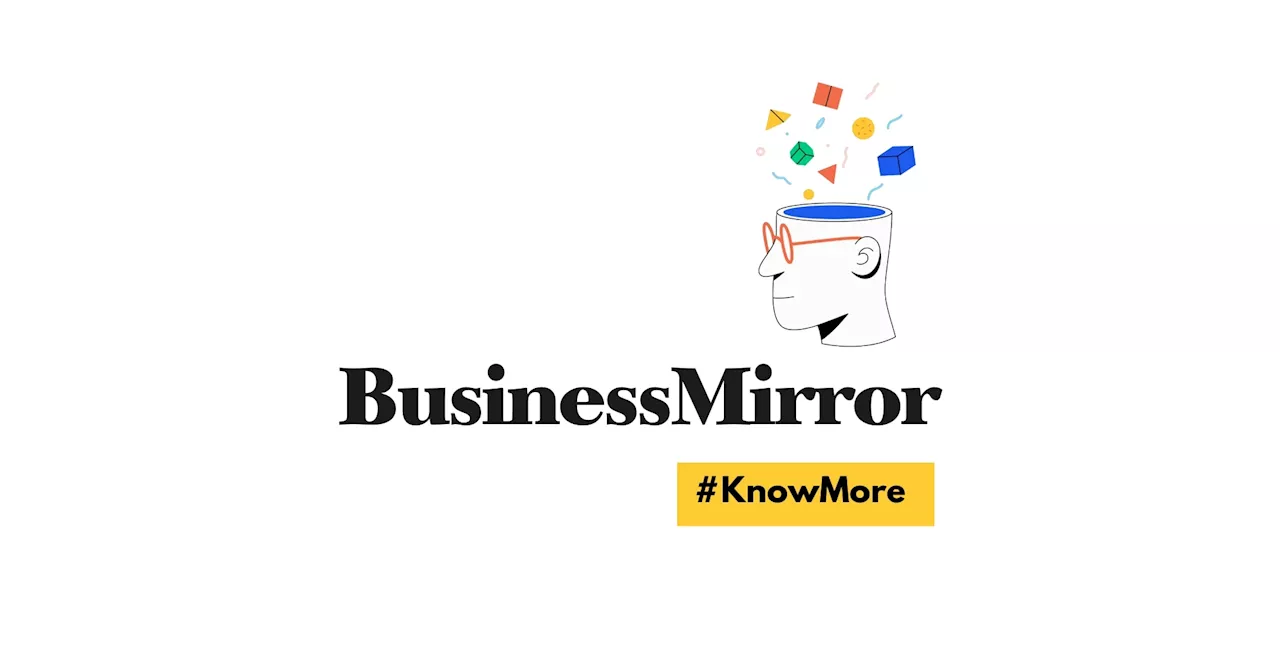 DOLE Issues Updated AEP Guidelines, Prioritizing Skills Transfer and Workforce DevelopmentThe Department of Labor and Employment (DOLE) has implemented updated guidelines for Alien Employment Permits (AEP), placing a strong emphasis on skills transfer programs to bolster the Filipino workforce and reduce dependence on foreign labor. The new guidelines include mandatory training programs for foreign workers' Filipino counterparts and an Economic Needs Test to assess the necessity of hiring foreign workers.
DOLE Issues Updated AEP Guidelines, Prioritizing Skills Transfer and Workforce DevelopmentThe Department of Labor and Employment (DOLE) has implemented updated guidelines for Alien Employment Permits (AEP), placing a strong emphasis on skills transfer programs to bolster the Filipino workforce and reduce dependence on foreign labor. The new guidelines include mandatory training programs for foreign workers' Filipino counterparts and an Economic Needs Test to assess the necessity of hiring foreign workers.
Read more »
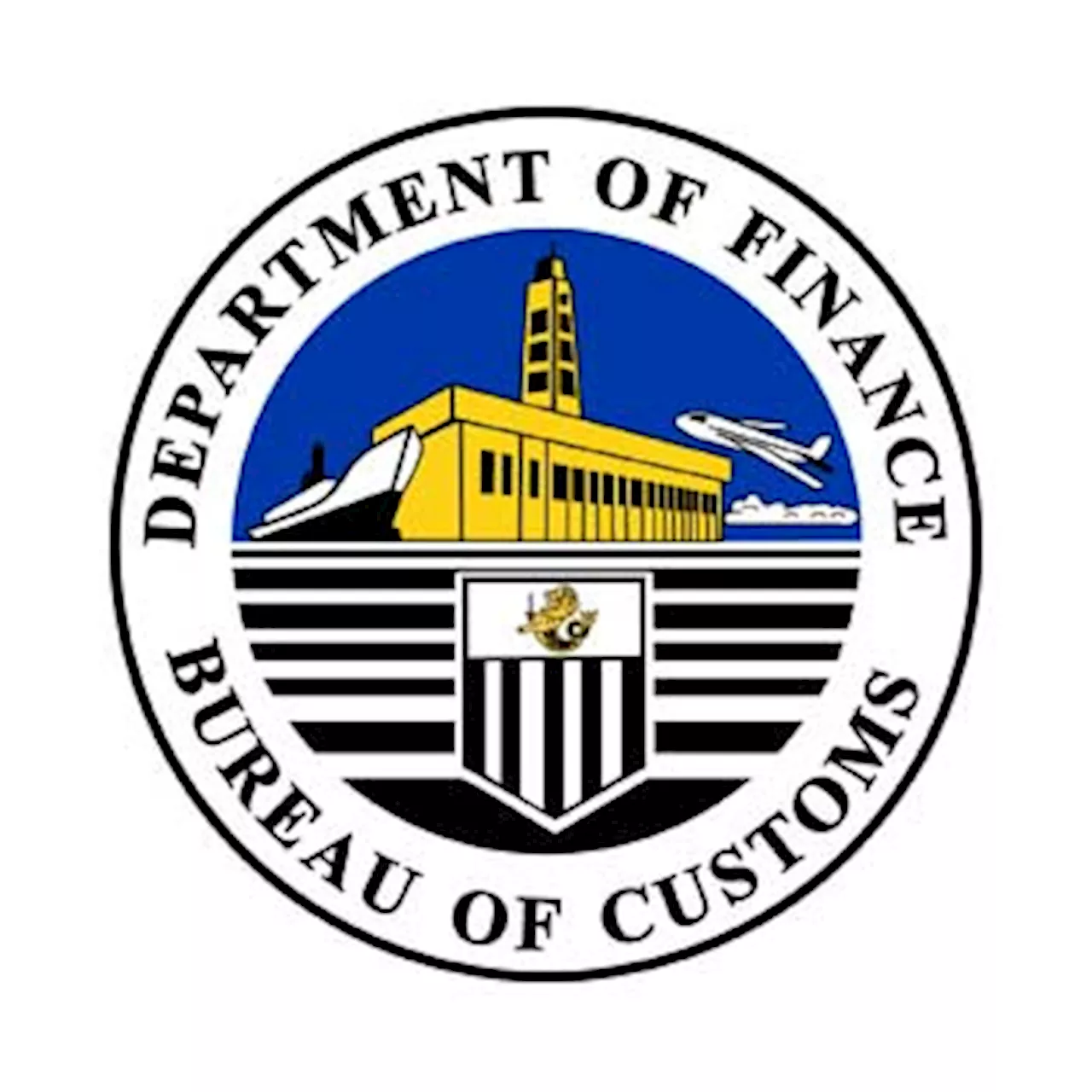 Philippines-Korea Free Trade Agreement: BOC Issues Guidelines for ImplementationThe Bureau of Customs (BOC) issued guidelines for the implementation of the Philippines-Korea Free Trade Agreement (PH-KR FTA) to facilitate trade and enhance partnerships.
Philippines-Korea Free Trade Agreement: BOC Issues Guidelines for ImplementationThe Bureau of Customs (BOC) issued guidelines for the implementation of the Philippines-Korea Free Trade Agreement (PH-KR FTA) to facilitate trade and enhance partnerships.
Read more »
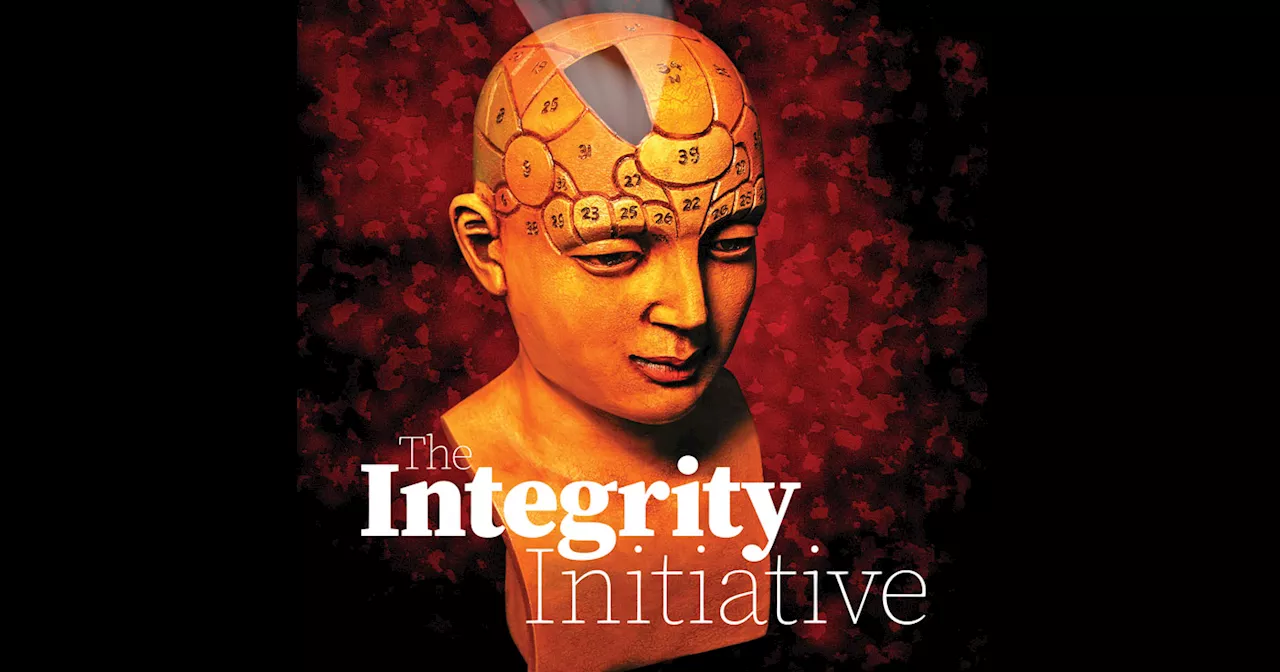 Building an Ethical Culture in the Private SectorThis article emphasizes the importance of building an ethical culture within the private sector, particularly in light of government efforts to combat corruption. It argues that both government officials and private sector individuals are responsible for ethical conduct and that a strong ethical culture requires trust, clear principles, and effective compliance programs.
Building an Ethical Culture in the Private SectorThis article emphasizes the importance of building an ethical culture within the private sector, particularly in light of government efforts to combat corruption. It argues that both government officials and private sector individuals are responsible for ethical conduct and that a strong ethical culture requires trust, clear principles, and effective compliance programs.
Read more »
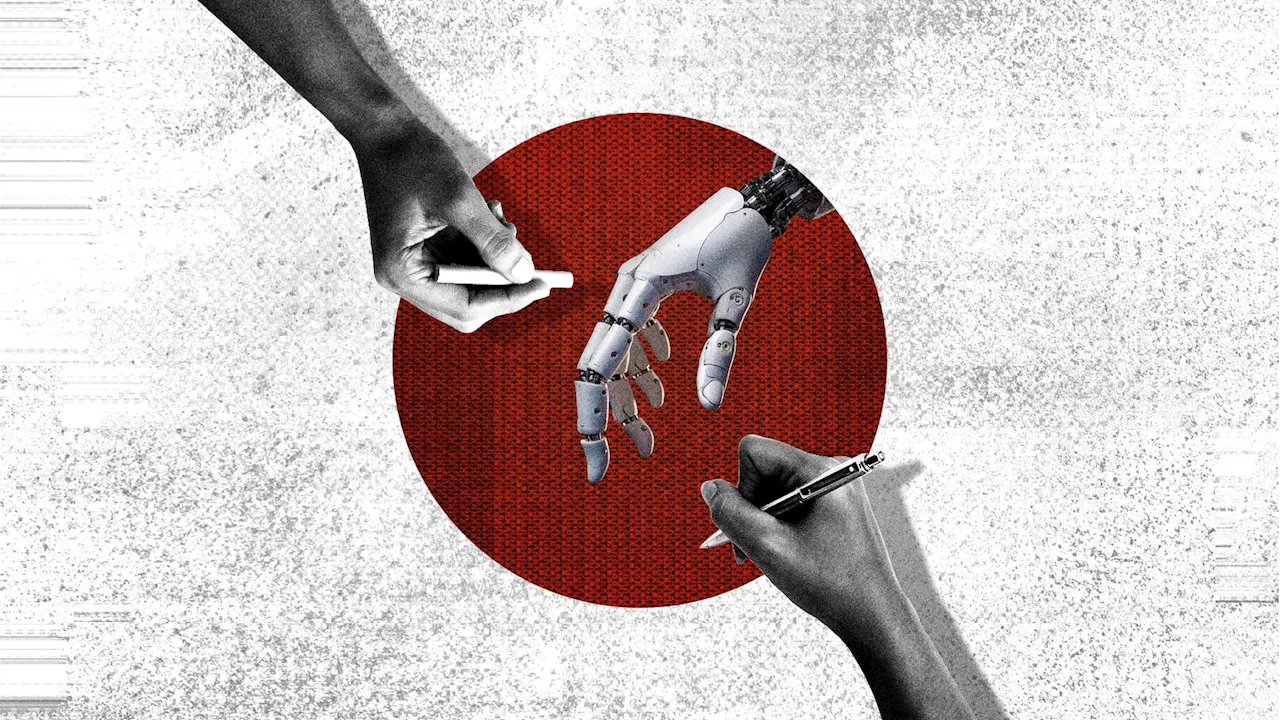 Navigating AI in the Classroom: Cebu Schools Grapple with Ethical Challenges and Educational OpportunitiesThis article explores the growing use of artificial intelligence in educational institutions in Cebu, Philippines. It highlights the perspectives of students and teachers on the benefits and challenges of AI integration, emphasizing the need for responsible use, ethical guidelines, and comprehensive teacher training to ensure a positive impact on learning.
Navigating AI in the Classroom: Cebu Schools Grapple with Ethical Challenges and Educational OpportunitiesThis article explores the growing use of artificial intelligence in educational institutions in Cebu, Philippines. It highlights the perspectives of students and teachers on the benefits and challenges of AI integration, emphasizing the need for responsible use, ethical guidelines, and comprehensive teacher training to ensure a positive impact on learning.
Read more »
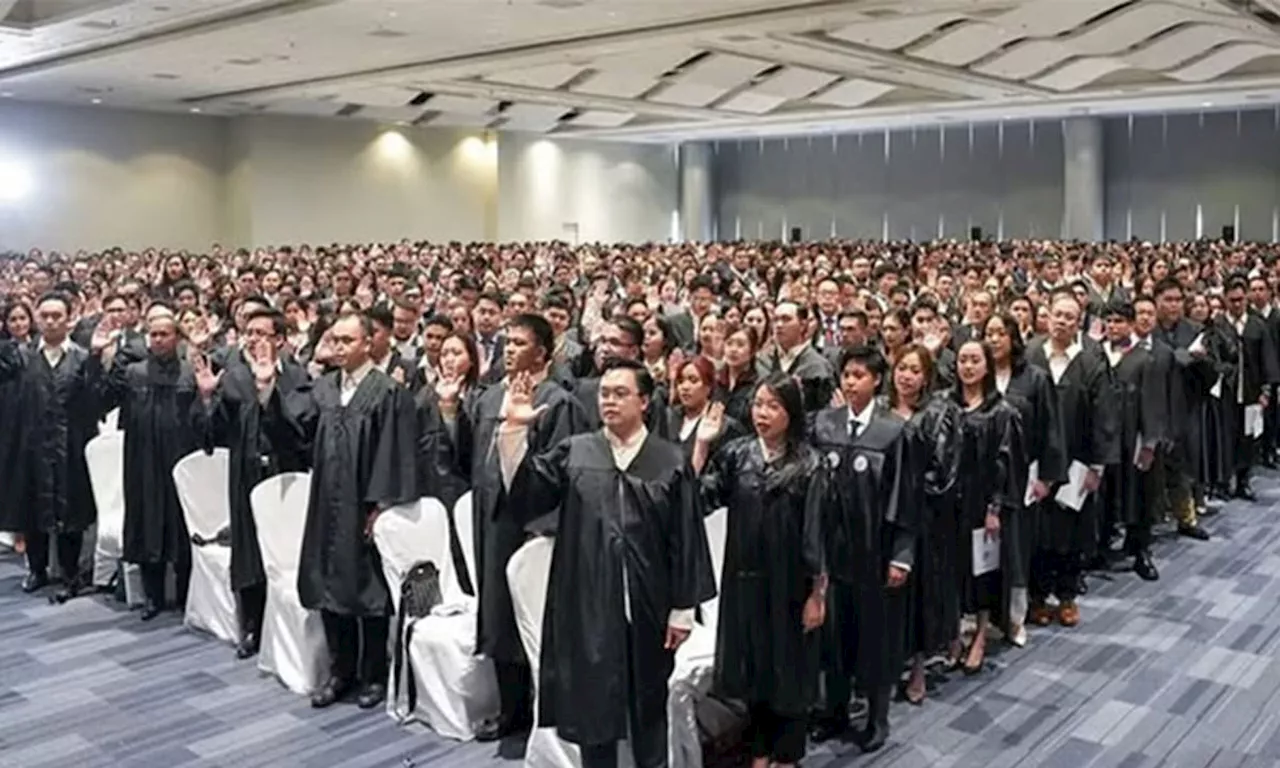 New Philippine Lawyers Inducted, Supreme Court Emphasizes Ethical ConductOver 3,900 new lawyers were inducted into the Philippine Bar on January 24, 2025, at the SMX Convention Center in Pasay City. Supreme Court justices, including Associate Justice Amy Lazaro-Javier and Associate Justice Mario Lopez, stressed the importance of ethical conduct and moral competence for new lawyers. They urged the newly sworn-in lawyers to uphold the Code of Professional Responsibility and Accountability.
New Philippine Lawyers Inducted, Supreme Court Emphasizes Ethical ConductOver 3,900 new lawyers were inducted into the Philippine Bar on January 24, 2025, at the SMX Convention Center in Pasay City. Supreme Court justices, including Associate Justice Amy Lazaro-Javier and Associate Justice Mario Lopez, stressed the importance of ethical conduct and moral competence for new lawyers. They urged the newly sworn-in lawyers to uphold the Code of Professional Responsibility and Accountability.
Read more »
